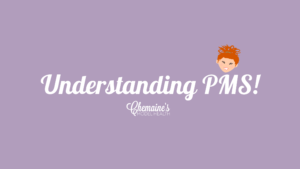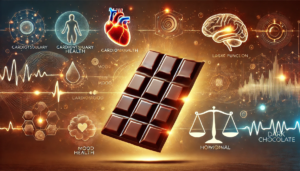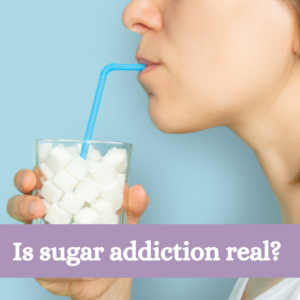Understanding PMS.
Category : Health , Hormone health
I get a lot of questions off women looking for help with PMS. Not just for themselves but for their daughters and loved ones too. So I created a PDF that can be downloaded and shared, that hopefully helps you understand what PMS is, what causes it, and how to help manage and even reverse it. Yes I said “reverse”. That might surprise you – and many others – but PMS can be reversed and its not too hard either! But like everything, it will require some work and consistency. The good new is that improving PMS symptoms can be done pretty fast, with improvements usually being seen in the first month/cycle.
Understanding PMS is a big part of many women’s hormonal struggles at every age. From teen years into perimenopause. The biggest drivers of PMS are;
- Excess estrogen
- Low progesterone
- Post pill or birth control PMS
- Inflammation
- Histamine
Grab your FREE PDF here;
And as always, feel free to drop me an email or message if you have any questions or feedback.










